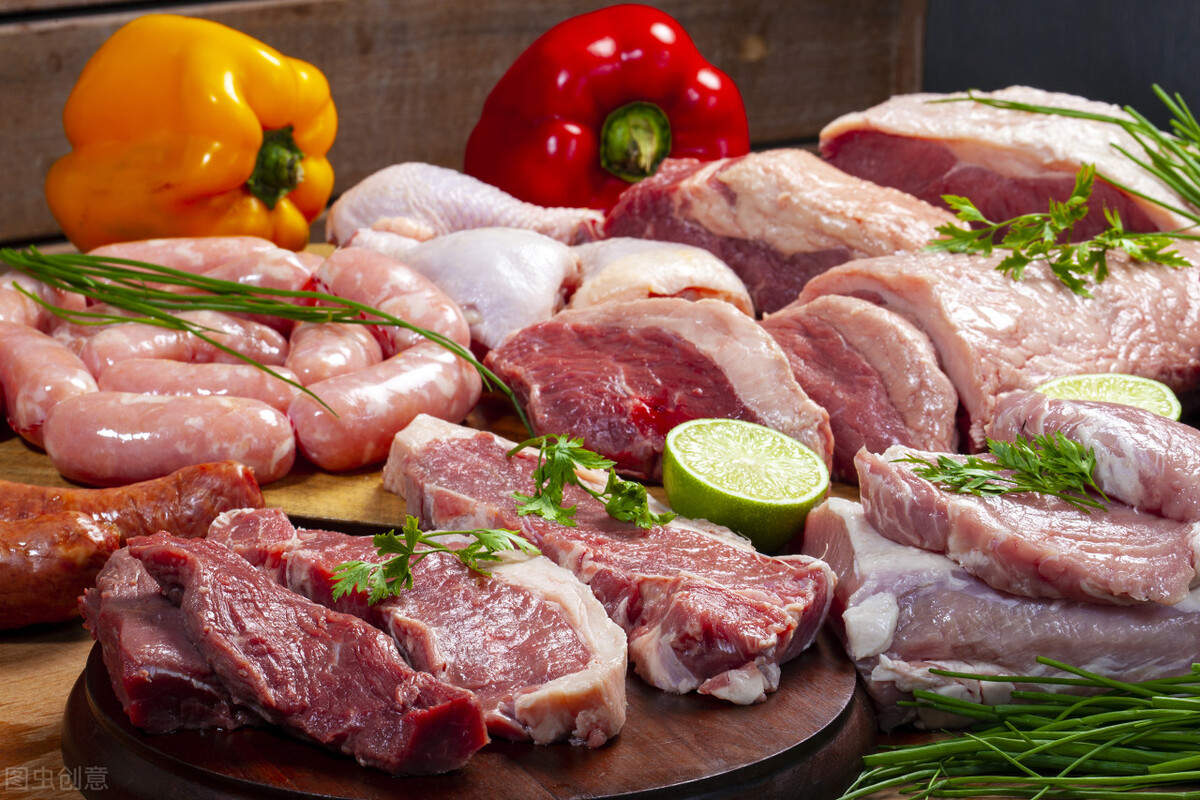Recently, BERKELEY, California-based UPSIDE Foods (formerly known as Memphis Meats, hereinafter referred to as "UPSIDE") completed the largest financing for the cell culture meat industry to date, reaching $400 million. Since its inception in 2015, the company has raised a total of $600 million.

The round was led by Singapore-based global investment firms Temasek and Abu Dhabi Growth Fund (ADG), with other investors including food giants Tyson, Cargill and individual investor Bill Dhabi Growth Fund (ADG). Gates, the "King of Venture Capital" john? Durr, Kimbal? Musk et al.
UPSIDE will use the funds to expand the team, conduct consumer education, and accelerate commercialization, build a commercial-scale production site for a variety of cell culture meats, plan to produce tens of millions of pounds of cell culture meat per year, and develop a supply chain for 100% animal-free cell culture media and essential materials, initially focusing on chicken.
The huge funding is the first in a series of achievements the company has made over the past year. In January, UPSIDE acquired lobster farming producer Culture Decadence; last November, it opened epic, an engineering, production, and innovation center in the San Francisco Bay Area, California, with an annual capacity of 50,000 pounds, already one of the world's largest cell-culture meat plants; developed animal-free cell culture media; and partnered with Michelin-starred chef Dominique Crenn at Atelier Crenn in San Francisco The restaurant sells cell-cultured chicken products.
What's so special about UPSIDE behind the huge investment?
UPSIDE was founded by Uma Valeti (CEO), Nicholas Genovese (CSO), and William Clem, a cardiologist and professor at the University of Minnesota. It was renamed UPSIDE Foods in May 2021, and in September of the same year, Genovese and KC Carswell, vice president of process development, left the company. Cell culture meat products are produced mainly by inducing stem cells to differentiate into muscle tissue and further culture them in bioreactors.
Uma Valeti has more than 20 years of hands-on experience in the field of cardiology. He's worried about foodborne illnesses that he gets from eating meat and also disgusted by contamination in slaughterhouses, "I like eating meat, but I don't like the way it's produced," he said. In 2005, while working in interventional cardiology at the Mayo Clinic, he conducted a study on repairing heart muscle tissue with stem cells. He realized that stem cells could also be used to grow animal muscle tissue or meat. "I got into cardiology because I wanted to have a positive impact on human health. I see the company as an extension of this mission – and from a public health perspective, I will play a bigger role in improving the food system. ”
Cargill has been an investor in the company since its Series A funding round in 2017. The most recent is Cargill's third investment in it. Tyson is also a long-time investor in UPSIDE, holding a minority stake in the company back in 2018.
CoO Amy Chen said that the expertise of these investors in the meat sector and considerable market weight have brought upside down resources such as distribution methods and sales channels. While there are no formal partnerships to announce at this time, UPSIDE has been communicating with many different entities. "We do have a very healthy collaboration and alliance that believes in the long-term potential of artificial meat to change the world, and we are delighted that they have chosen to bet on UPSIDE as an industry leader."
Amy Chen said, "For investors, what really moves is the taste. In addition, UPSIDE has also made significant progress in reducing the cost of growth media and improving the efficiency of bioprocessing. In the future, it hopes to do more work in market education and tell people the backstory of cell meat.
Transparency is at the heart of EPIC, with production halls located in glass rooms in the center of the facility. Anyone walking into EPIC can see how and where UPSIDE's meat is made, and UPSIDE holds a public tour to show the production process. "Seeing this process can demystify making cellular flesh and help consumers realize that it's really not something strange or created in an unnatural way." Amy Chen said.
According to the Food Research Institute (GFI), more than 107 startups are now focused on developing artificial meat, and 64 companies have publicly announced business lines for artificial meat. Investing more than $1.36 billion in artificial meat companies in 2021, meat giant JBS announced a $100 million investment that includes the acquisition of Spanish company BioTech Foods, an investment in a Spanish production facility, and the establishment of Brazil's first research and development center for alternative proteins.
However, this hot industry also faces many difficulties. The bottleneck for cell cultured meat has always been the technology and cost of mass production.
GFI said several companies, including Future Meat Technologies, Wildtype, UPSIDE Foods and Shiok Meats, while already piloting open cell culture meat in Singapore, "any recent commercial launch will be very small, limited product availability due to high cost of production, and superior customer positioning."
In addition, cell culture meat is also subject to regulatory approval from the market. Currently, Eat Just is the only company in the world that has received regulatory approval to sell cell cultured meat, but only in Singapore.
UPSIDE has been working with the U.S. Department of Agriculture (USDA) and the U.S. Food and Drug Administration (FDA) for years to get cell cultured meat approved for marketing. The company, which plans to commercialize this year, is awaiting regulatory review and has yet to identify countries or regions where commercial approvals are possible.